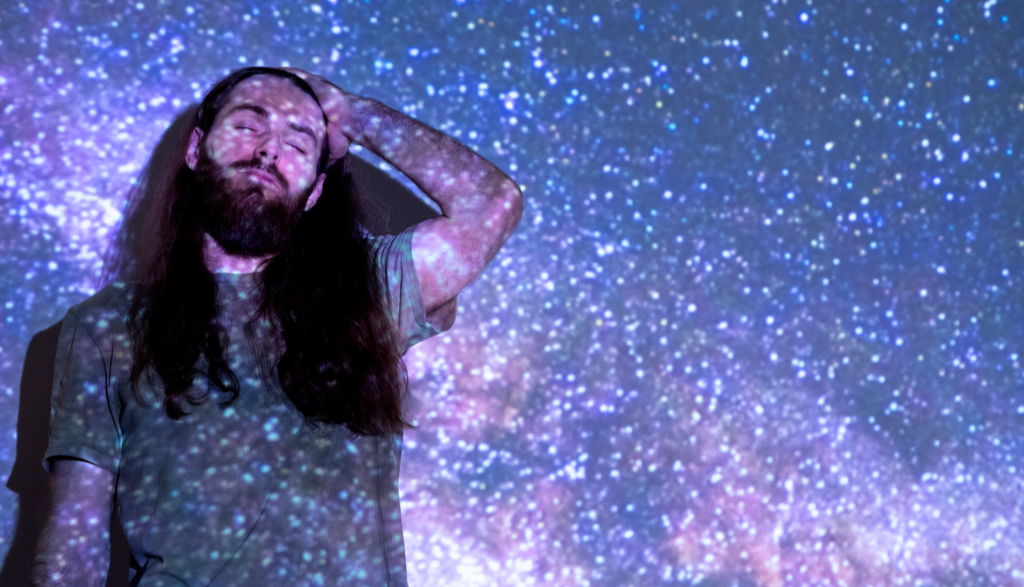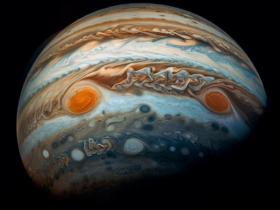Astrology, with its roots tracing back thousands of years, offers a unique perspective on the relationship between the cosmos and human life. It suggests that the universe is not just a vast, empty space filled with distant stars and planets, but rather a living, interconnected system where celestial events resonate with the rhythms of life on Earth.
The core of astrology lies in the belief that the positions and movements of celestial bodies—the sun, moon, planets, and stars—are intricately linked to the events and experiences in our lives. This belief is encapsulated in the ancient maxim “as above, so below,” which implies that the macrocosm (the universe) and the microcosm (human existence) are reflections of each other. According to astrology, the universe is a grand tapestry where each thread, whether it’s a distant star or a human being, is woven into the fabric of existence, influencing and being influenced by the whole.
Astrologers create natal charts, also known as birth charts, which map the positions of celestial bodies at the exact moment of an individual’s birth. These charts are believed to hold keys to understanding a person’s character, strengths, challenges, and even life purpose. The twelve zodiac signs, each associated with specific personality traits and life themes, are central to this interpretation. For instance, a person born under the sign of Aries might be seen as energetic and assertive, while someone with a strong influence of Pisces may be viewed as intuitive and empathetic.
But astrology extends beyond personal horoscopes. It is also used to explore the dynamics of relationships, career choices, and even significant events. Astrologers study planetary transits—the movement of planets across the sky—to predict or analyze trends in individual lives and world events. For example, a major planetary alignment might be interpreted as a time of great opportunity or challenge, both on a personal level and within broader society.

The idea of cosmic interconnectedness also plays out in the cycles of nature. Just as the moon influences the tides, astrology suggests that lunar phases can impact human emotions and behavior. The new moon, a time of new beginnings, is often associated with planting seeds—both literally and metaphorically—while the full moon is linked with culmination and heightened energy.
Related: How Astrological Houses Reflect Key Life Areas
Critics of astrology often dismiss it as pseudoscience, arguing that there is no empirical evidence to support the claims that celestial bodies influence human affairs. However, for many, astrology serves as a symbolic language that helps them navigate life’s complexities, offering insights and guidance based on a worldview that sees the universe as a unified whole.
Astrology invites us to view the cosmos not just as a backdrop to our lives, but as an active participant in the unfolding of our personal and collective stories. Whether embraced as a spiritual practice, a tool for self-reflection, or simply a cultural curiosity, astrology continues to inspire fascination with the idea that we are all connected to the cosmos in ways that are both mysterious and profound. In this light, astrology becomes more than just a means of prediction; it is a reminder of the deep interconnectedness that defines the universe and our place within it.





















